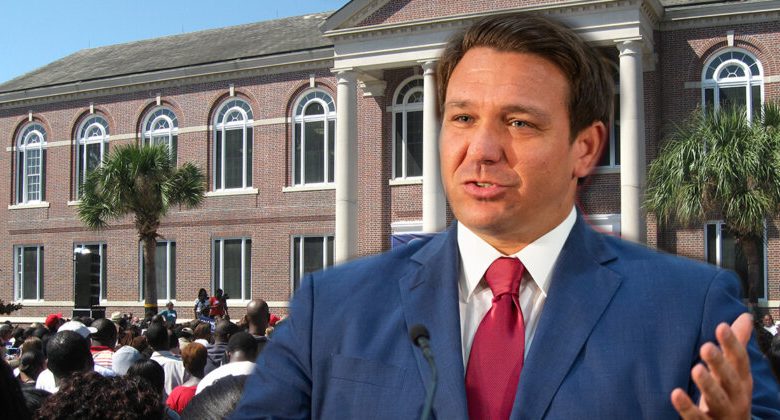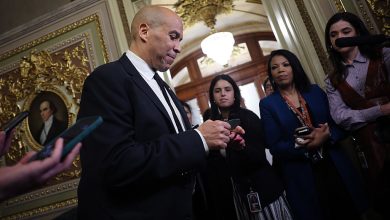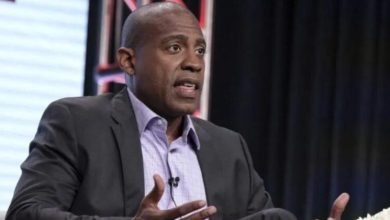FAMU Students Protest New President With Ties to DeSantis

FAMU Students Say DeSantis Ally’s Appointment Feels Like a Political Takeover, Not Progress
Florida A&M University (FAMU)—Florida’s only public historically Black college—has become the latest battleground in what many see as a larger political strategy to weaken Black institutions from within.
Despite vocal opposition from students, faculty, and alumni, Marva Johnson, a telecommunications executive with ties to Governor Ron DeSantis’ administration, has been confirmed as FAMU’s next president. The decision, formalized by the Florida Board of Governors, is being met with fierce criticism from FAMU’s core stakeholders—those who live, learn, and bleed orange and green.
“I feel like there are adults that have sold FAMU away for political gain,” said student Elijah Hooks, echoing the frustration of thousands who’ve spoken out online and in person. Over 18,000 signatures were collected in a petition urging the Board to reconsider Johnson’s appointment.
A Legacy Undermined?
For many in the FAMU community, this moment feels like more than just a disagreement over qualifications—it feels like betrayal. Johnson’s close alignment with DeSantis raises alarm, particularly given the governor’s well-documented efforts to dismantle DEI programs, ban AP African American studies, and criminalize inclusive education under the controversial “Stop WOKE Act.”
Critics argue that appointing someone aligned with these efforts to lead a top HBCU is part of a broader strategy to neutralize institutions that have historically championed Black thought, excellence, and self-determination.
Film producer and proud Rattler Will Packer didn’t mince words in a recent Instagram post: “HBCUs are under attack… What we cannot allow is a hostile takeover by someone who has aligned with the party that loudly and proudly attacks the pillars that institutions like FAMU were built on.”
Who Gets to Lead Black Institutions?
Johnson lacks experience in higher education—an omission that has not gone unnoticed. While she’s worked on educational policy boards, her resume doesn’t reflect the type of on-campus leadership that many in the FAMU community expected. Compounding concerns was a lackluster on-campus interview, which students and alumni described as “unprepared” and “uninspired.”
“We do not feel heard,” said Kimberly Godwin, FAMU alumna and former ABC News president, during a passionate address to the Board. “She did not earn this.”
For a university that sits at the intersection of culture, education, and Black excellence, leadership is not symbolic—it’s strategic. When appointments are made in defiance of the people the institution is meant to serve, it’s not just disappointing—it’s dangerous.
Ignored Voices, Unanswered Questions
The appointment process has raised serious questions about transparency and accountability. According to Curtis Johnson, president of FAMU’s National Alumni Association, 80% of feedback from students and alumni expressed concern about Johnson’s qualifications and potential leadership.
And yet, the Board moved forward.
This disconnect reinforces a long-standing issue in American institutions: when Black voices challenge the system, the system often finds ways to dismiss or silence them.
What’s Next for FAMU?
Johnson, now under a five-year contract with a $650,000 starting salary, has pledged to diversify funding and promote student success. But students are skeptical—and rightfully so.
There’s a difference between managing from the top and leading from within. And as FAMU students continue to protest what they view as a political move disguised as a presidential appointment, it’s clear this story is far from over.
In a climate where DEI is under attack, and HBCUs are increasingly expected to “perform” for political points, the question must be asked: who benefits when Black institutions are led by those tied to the very forces working to dismantle them?
As always, the Moguldom Nation watches closely. Because for us, leadership isn’t just a title—it’s a trust.




